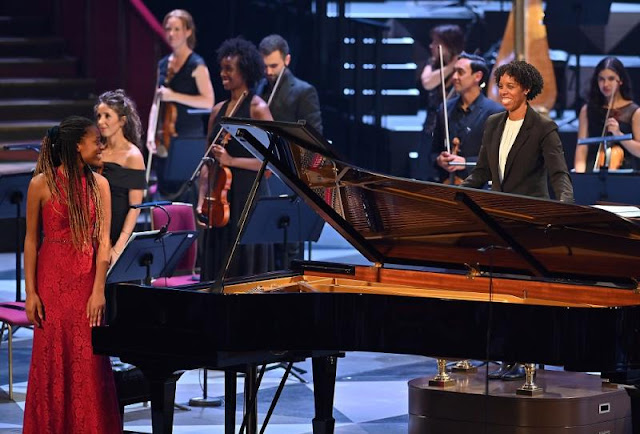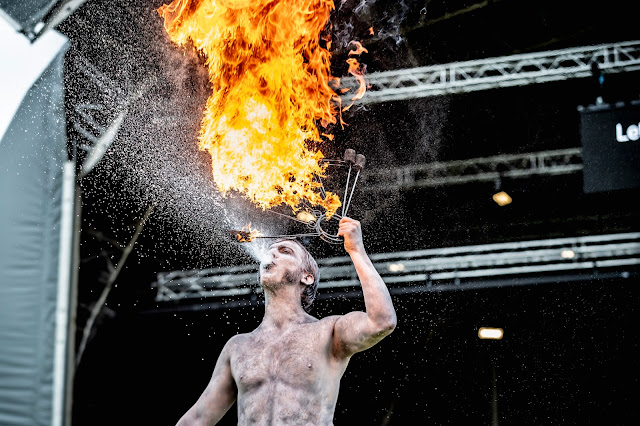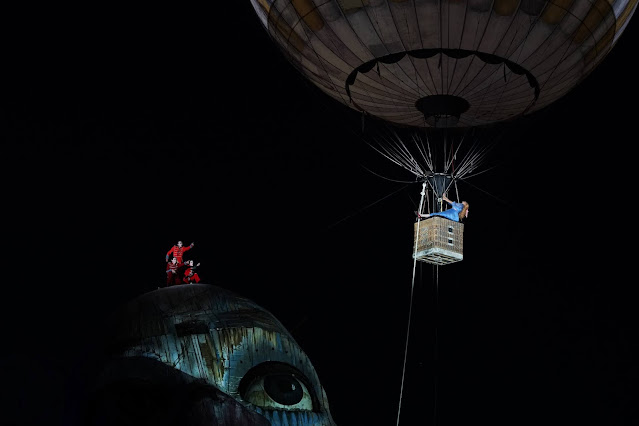
Photograph used with kind permission of Thorne Old Photos
Britten Pears Arts' Festival of New went on-line earlier this year, but the festival returns to live events at Snape Maltings over two days in September, 10/9/2021 and 11/9/2021, with seven performances and two installations developed during residencies at Snape Maltings which are designed to give artists creative freedom.
- Singer/songwriter/producer THABO telling stories through song within an immersive environment which offers sights and scents as well as sounds
- KOGG - an experimental electronic collaboration between Selena Kay and Cerys Hogg, a fusion of their diverse musical backgrounds and collective interests
- Call Me Unique - singer/songwriter & guitarist who fuses the sounds of jazz, soul, futurebeats, and scat-singing with influences from Lauryn Hill, Ed Sheeran, Ella Fitzgerald & Lisa "Left-Eye" Lopes
- Thea - an opera by composer Amanda Johnson and librettist Jo Clement about a single strong female character, inspired by one of the composer’s Bargee Traveller ancestors. The work aims to challenge the unfavourable portrayal of women in opera, particularly those from Traveller backgrounds
- PRANASA - Supriya Nagarajan (voice), Sarah Waycott (flute), and Yanna Zissiadou (piano) take their name from the Sanskrit word ‘Prana’, meaning ‘ultimate breath’, and ‘Anasa’, Greek for ‘Breath’
- Christo Squier: Subatomic - composer Christo Squier and experimental particle physicist Dr. Teppei Katori are joined by a host of instrumentalists to explore this fascinating subatomic world via composition, sonification, projection and performance
- Sound Voice Project - a visionary exploration of the human voice and possibilities of collaboration from Hannah Conway and Hazel Gould
- BPYAP Composers Film - specially-commissioned short film by Jessie Rodger, focusing on the creative processes of the six early-career composers currently supported by the Britten Pears Young Artist Programme
Full details from the Britten Pears website.






























%20in%20The%20Merry%20Widow.%20Credit%20Mihaela%20Bodlovic.%20(2).jpg)

%20in%20Trial%20by%20Jury.%20Credit%20Mihaela%20Bodlovic..jpg)

.jpg)
%20Britten%20Pears%20Arts%20(1).jpg)


